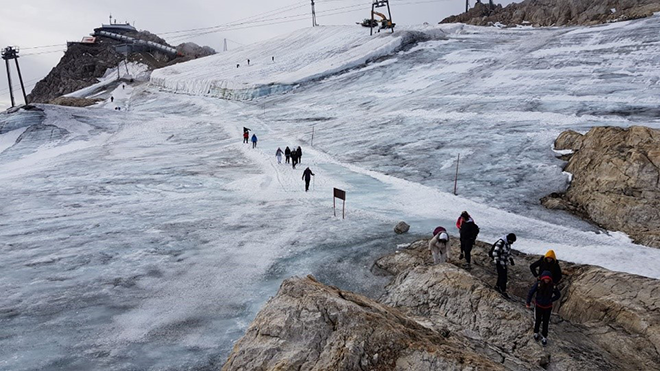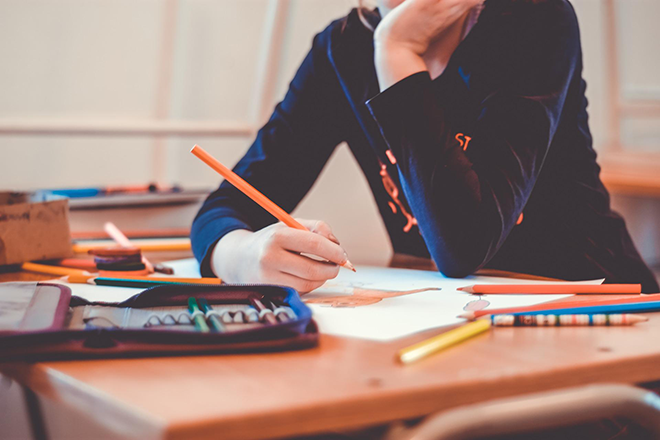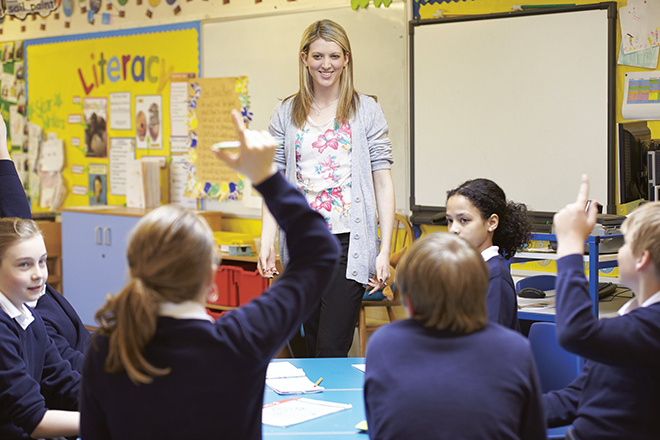The SEAS project starts September 1, 2019. In the few months since its approval, warnings from the scientific community and disturbing news of melting ice sheets, temperature records and plastics in rainfall have trickled in. A book emerged that is just as frightening in its message as its title suggests, “The Uninhabitable Earth. A story of the future” by Wallace-Wells (2019): “The climate system that gave rise to the human species, and everything we know of as civilization, is so fragile that it has been brought to the brink of total instability by just one generation of human activity” (Wallace-Wells, 2019).
As societies, we struggle to come to terms with a world where science, culture and politics are deeply interconnected, as we recede from the stability of the Holocene to the Anthropocene. Rather than being a background and stage for human action, Earth reacts to our actions; and in the Terrestrial Earth is no longer the framework for human action, as it participates in the action (Latour, 2018).
However, change is possible. It is for Terrestrial citizens living now to make the story of the future different. The task is to provide opportunities and support for individuals and groups to engage in transformative action, a key message in another book published in the time between approval and start of SEAS: “Climate and Society. Transforming the Future” (Leichenko & O'Brien, 2019). The emergence of the Anthropocene calls for integrative approaches, treating the climate crisis as both environmental problems and social problems. It is necessary to go beyond individual deeds and challenge norms, practices, institutions and policies. There is hope in a “large and unstoppable movement to reimagine our relationship to the environments and to one another” (ibid, p. 190). In fact, Greta Thunberg started her climate strikes during the preparations of SEAS for the second stage call; school strikes that are now a global force.
In SEAS, we seek to explore novel approaches to scientific literacy for sustainable citizenship through open schooling. Open schooling are initiatives where schools, in cooperation with other stakeholders, become agents of social change and community well being. Students, teachers and families transform and use knowledge for action in complex sustainability challenges that are identified and dealt with together with participants and stakeholders in the local community, in the intersection between the levels of practical action, personal beliefs, and culture and politics.
We should be optimists. After all, a sustainable world is a better world. It needs to include, among others, social justice and the empowering of women. The teaching and learning practices called for in supporting future citizens to engage in transformative action seems to align well with good teaching practices: emphasis on students’ everyday life and interests, inquiry including creativity, critical thinking and argumentation, authenticity allowing for emotional and aesthetic aspects, and not least social commitment and cooperation. We set out on a three-year journey where we will explore complexity and challenges as a project, but I am confident that it will be both rewarding and fun.
Latour, B. (2018). Down to Earth: Politics in the New Climate Regime. Cambridge: Polity Press.
Leichenko, R., & O'Brien, K. (2019). Climate and Society. Transforming the Future. Cambridge: Polity Press.
Wallace-Wells, D. (2019). The Unhabitable Earth. A Story of the Future. Penguin Books.







